 As we all move through these uncertain and unusual times, it has become evident that there are basically two pandemics taking place: one is the physical one with the Covid-19 virus and the other is the mental and emotional one that for most of us exist with varying intensity levels of anxiety, fear or depression.
As we all move through these uncertain and unusual times, it has become evident that there are basically two pandemics taking place: one is the physical one with the Covid-19 virus and the other is the mental and emotional one that for most of us exist with varying intensity levels of anxiety, fear or depression.
In my previous blog post about the flu in general and then specifically about Covid-19, I included information about the physical symptoms that can arise.
It now seems appropriate to share my thinking around the mental and emotional symptoms that are currently rearing their ugly heads and may continue even after this social distancing passes.
Need for Self-Care
With so much we don’t have control over these days, one thing we do have control over is ourselves. How can we stay in the present so as not to be constantly anxious about the future? Yes, it’s okay and quite normal to be concerned about family, about money, about our work, about the amazing and dedicated healthcare workers, and more. But how intense are these feelings and what can you be doing to keep yourself calm and sane during this time? You should know that being calm and sane will not only help you get through this time (and life) more easily, but it will positively affect those around you as well.
Here are a few ideas to consider or you may already be implementing:
• Find ways to connect inside yourself through the breath and other mindful practices. Why? Because it calms the nervous system. It helps you stay in the present. Daily practices like meditation, yoga, tai-chi, qigong, pranayama (breathing exercises), and more are all available on phone apps and online waiting for you to experience.
• Keep a daily gratitude journal. List three things every day you are grateful for. It can be something big, like “I’m so grateful I got back a tax-refund” or small “I’m grateful for my dog who gives me comfort”. There is much to be grateful for if we just stop and notice them.
• Add movement to your days, through online exercise classes or better yet, take walks out in nature. Just being outside boosts your Vitamin D level which helps strengthen your immune system.
• Listen to music that lifts your spirit. Dance around if the spirit moves.
• Protect yourself from the news, especially if you have a hard time discerning what is true and what is not. I personally limit myself to 5-10 mins max every few days from a trusted source.
• Watch comedies. Play improv games. Find ways to add laughter to your days. (link compliments of my friend and humorist Izzy Gesell)
• Find ways to connect with distant family and friends be it via phone calls, Facetime or other virtual meeting places. Keep the complaining to a minimum and commiserate, problem-solve (if needed), listen and support one another. We need each other now more than ever. Remember, you are not alone.
• Volunteer your time, talents or treasures to help others. Kindness is rewarding and contagious.
Need for Homeopathic Remedies
A homeopathic remedy is needed when a symptom needs to be fixed. Some feelings of shock, grief, irritability, anxiety and/or fear are expected and normal during this time BUT if it overwhelms you and prevents you from functioning, then a homeopathic remedy could be helpful to ease the emotional intensity. (If you still have intense symptoms after trying a remedy or two, consider making an appointment with me or another professional homeopath to guide you forward.)
Remedies in 30c potency (6c or 12c are okay too) are available online or at some health food stores like Whole Foods, The Vitamin Shoppe, Cornucopia, River Valley Coop, etc. Call ahead to make sure they have your chosen remedy in stock.
Read through these descriptions to see if any fit your symptom picture. Dosage suggestions will follow. Though there are other remedies available, these are well-used by many. Please share this list with friends who might need this information.
Aconite (Aconitum napellus) – For many, going out into the world these days causes intense feelings of panic, anxiety and fear. Symptoms can include a physical restlessness, rapid pulse, profuse perspiration, extreme reactions to pain and inconsolability. There may be a strong fear of dying. Worse from noise, light, excitement, being in a crowd, getting chilled and better from open air, rest and warmth.
Arnica Montana – The person is basically in shock, irritable when offered help, exhausted and uncooperative. They say they are fine and don’t want to be touched. They feel like they’ve been beaten up and want to be left alone. Great for recent shocks.
Arsenicum Album – This is a remedy if you are obsessively anxious about your health, with an intense fear of germs, illness and death which can cause full-blown panic attacks. There is a strong anxious worry that there isn’t and won’t be enough to go around including money, food, work, etc. There’s a nervous restlessness causing you to do things to ease your worry. The need for neatness and organization are an attempt to compensate for internal disorder by creating external order. You’re chilly, crave warmth and drink small sips of water at a time.
Gelsemium – This remedy is good for depression with weakness, nervousness, mental dullness or trembling that is a result of bad news from a shock or loss. You look and feel dull and droopy with trouble opening your eyes. You have a strong fear of crowds, fear of falling, or even the fear your heart will stop. Worse from emotions and excitement and better in fresh air, when quiet and left alone.
Ignatia Amara – If you have recently lost someone, lost a job, feel gravely disappointed or intensely lonely and are experiencing intense grief, Ignatia would be a good remedy to try. You may be sighing or moaning a lot, have little appetite, don’t want sympathy and could feel antisocial. Your emotions are strong, and you can experience bursts of hysteria including sobbing, screaming, anger or laughing. Worse from coffee and tobacco and better from being alone and deep breathing.
Natrum Muriaticum – Another good grief remedy, Natrum mur is good for just plain hurt, sadness or disappointment. You may be dwelling on some unpleasant memories, feel emotionally sensitive to all sorts of influences and feel irritable, confused, depressed and/or anxious. Crying quietly alone is preferred and you don’t want to be consoled. Worse from the heat of the sun, bread and acidic foods and better from open air, rest and long talks.
Pulsatilla – Good for any grief or emotional trauma where there is a lot of weeping and gentle sympathy makes you feel much better. You’re affectionate, want to be with other people and really dislike being alone. Generally thirstless. Worse from being overheated, fatty or rich foods, and dairy products and better from open air, sympathy, being held and after a good cry.
Suggested Dosage:
If symptoms are intense, give chosen remedy (just 2-3 pellets to dissolve under the tongue away from food and drink) every 15 minutes for up to four doses. If symptoms lessen, give remedy now every few hours. Then only give when needed.
If symptoms are present but not intense, give chosen remedy every few hours for up to four doses. If symptoms lessen, only give remedy as needed.
If no improvement, choose a new remedy. Repeat remedy if symptoms reoccur and repeat only as necessary.
(Remember to consider making an appointment with a professional homeopath as many of these emotions may need more than what can be purchased over-the-counter.)
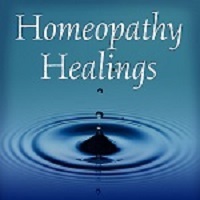
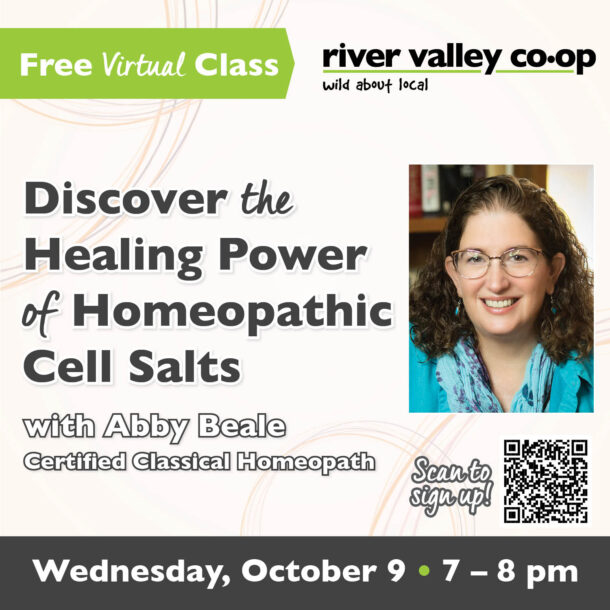

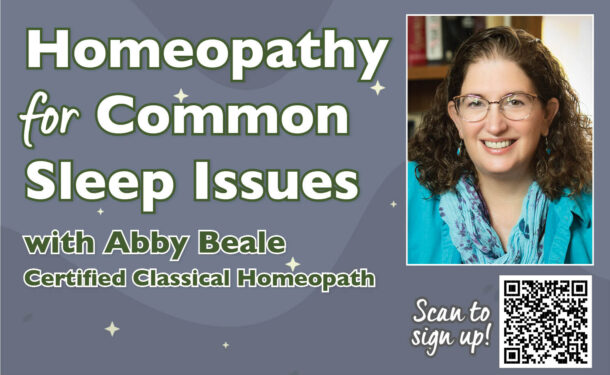
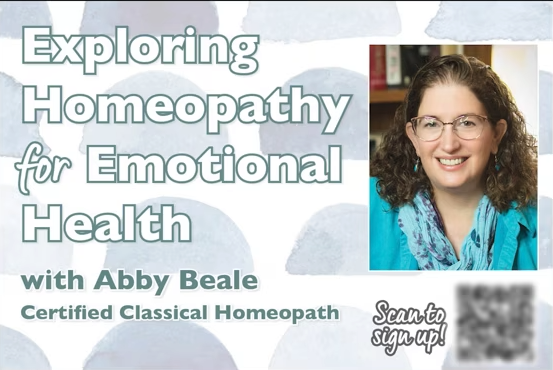
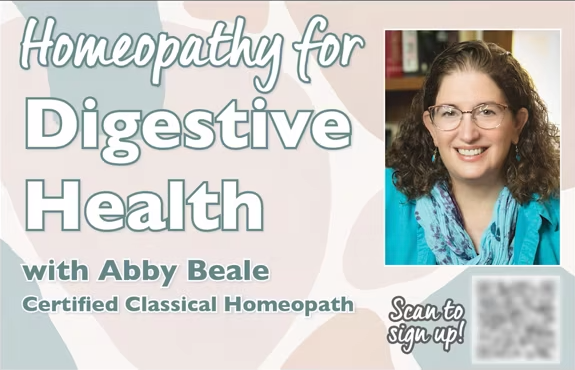
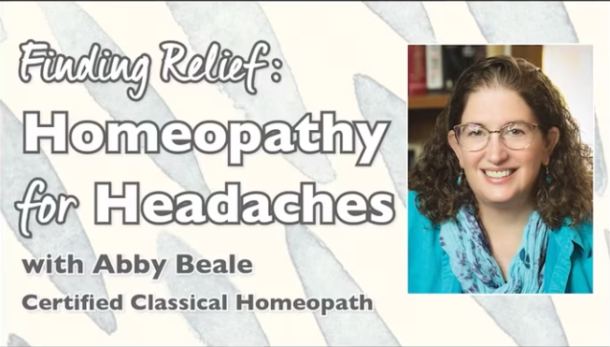
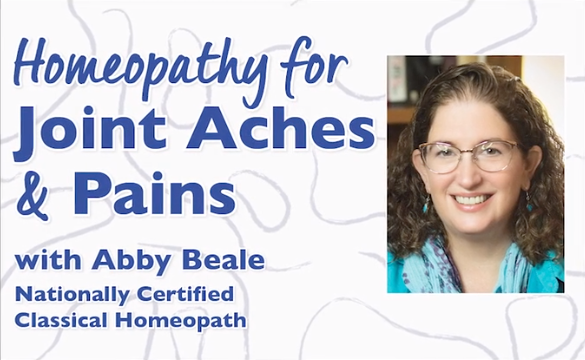
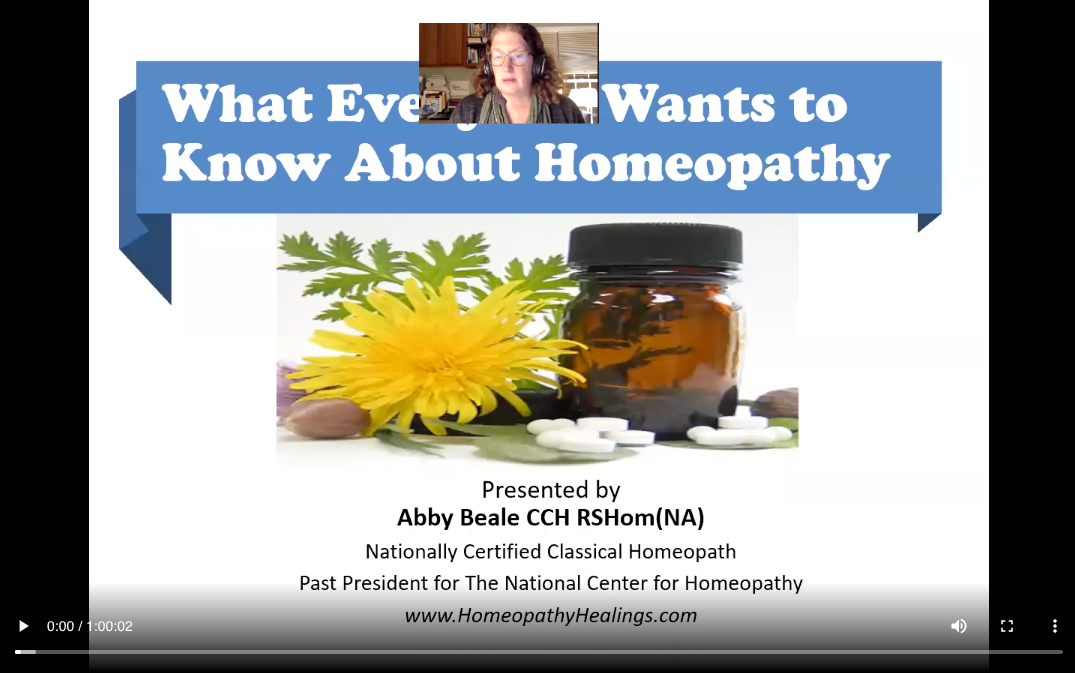
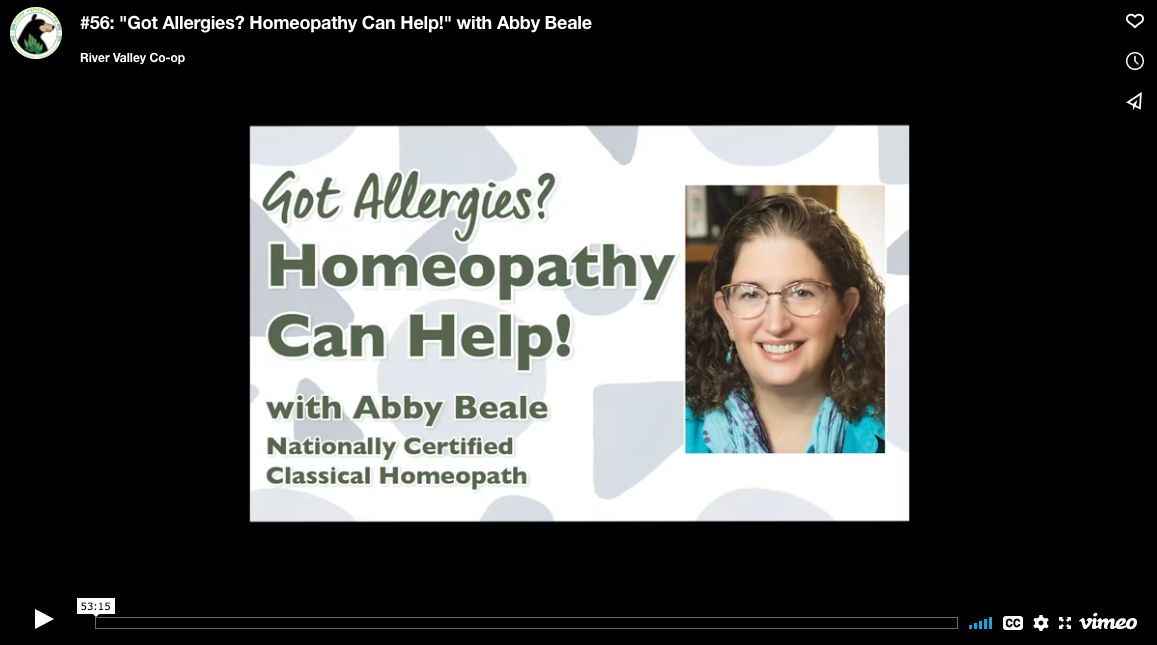

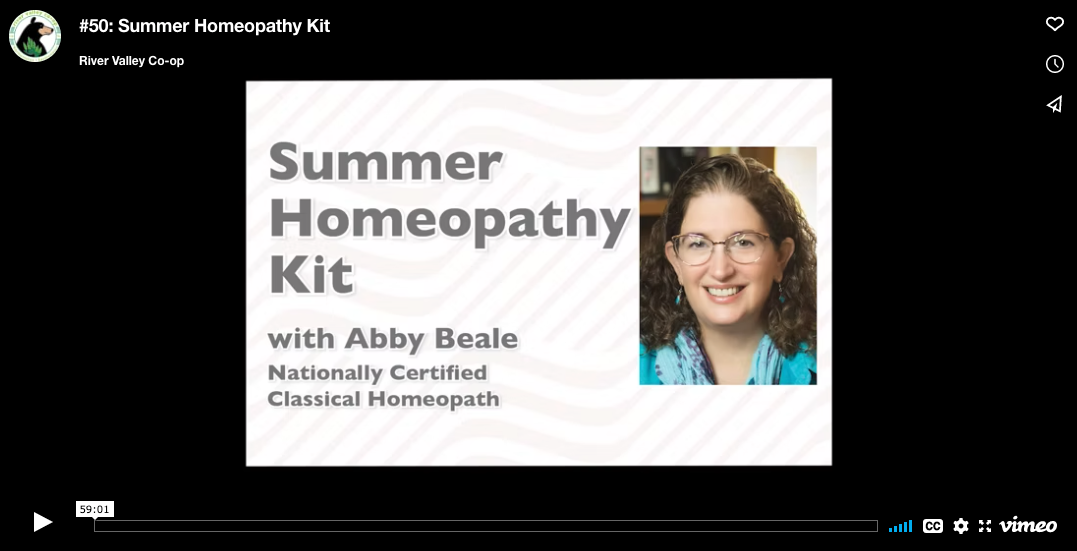
Recent Comments